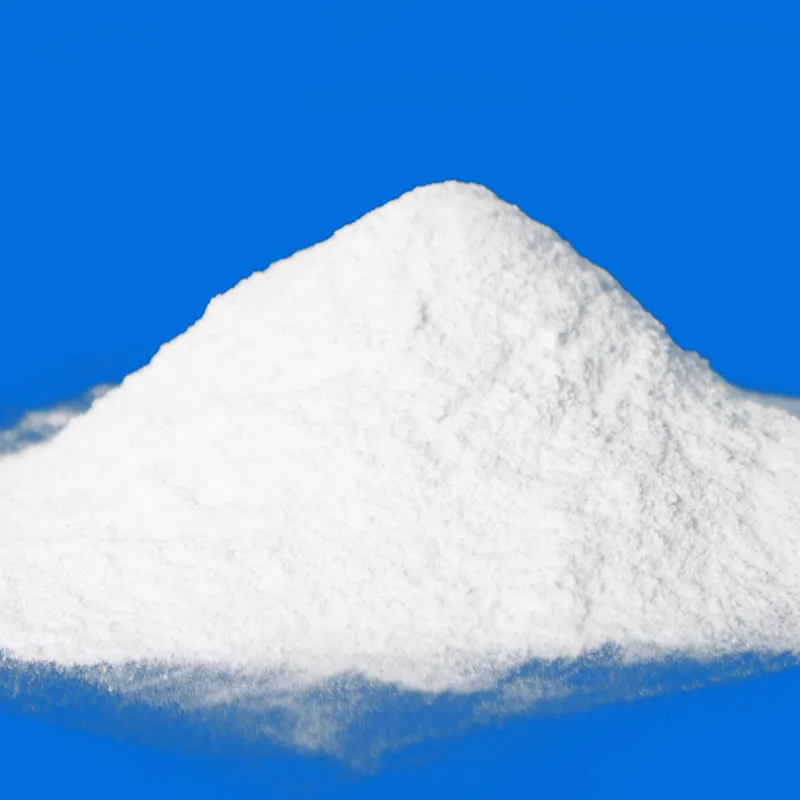
preservative used in bread
The Role of Preservatives in Bread Understanding Types and Impact
Bread is one of the most consumed staple foods globally, cherished for its versatility and convenience. However, the shelf life of bread can be surprisingly short, leading to spoilage due to mold growth and staleness. To combat this issue, many manufacturers incorporate preservatives into their bread recipes. This article explores the types of preservatives used in bread, their functions, and the implications for consumer health.
What are Preservatives?
Preservatives are substances added to food products to prevent spoilage and extend shelf life. They can inhibit the growth of bacteria, molds, and yeasts, ensuring that the food remains safe for consumption over a longer period. In the context of bread, preservatives help maintain texture, flavor, and overall appearance, addressing one of the biggest challenges in the bread-making industry staling.
Types of Preservatives Used in Bread
1. Chemical Preservatives These are synthetic compounds that actively inhibit microbial growth. Commonly used preservatives in bread include calcium propionate, sodium benzoate, and potassium sorbate. - Calcium Propionate is one of the most frequently used preservatives in bread. It is effective against mold and extends shelf life significantly without altering the taste or texture of the bread. - Sodium Benzoate is another chemical preservative that helps prevent the growth of yeasts and molds, making it suitable for various bread products.
2. Natural Preservatives In response to increasing consumer demand for clean labels and healthier products, many manufacturers are turning to natural alternatives. - Vinegar and Ascorbic Acid (Vitamin C) are often added not only for their potential health benefits but also for their preservative qualities. Vinegar's acidity can inhibit mold growth while ascorbic acid acts as an antioxidant, helping to retain freshness. - Essential Oils, such as rosemary or thyme oil, are gaining popularity due to their antimicrobial properties. These natural preservatives offer a way to keep bread fresh without relying on synthetic additives.
preservative used in bread

3. Fermentation While not a preservative in the traditional sense, the fermentation process itself can provide a degree of preservation. The lactic acid produced during fermentation creates an acidic environment that is hostile to spoilage organisms, helping to extend the bread’s shelf life.
Implications for Health and Nutrition
While preservatives play a crucial role in bread production, their use has sparked discussions about health and safety. Many consumers express concern over synthetic additives, fearing potential links to health issues. However, regulatory agencies, such as the FDA and EFSA, have established safe limits for the use of these preservatives based on extensive research. For instance, calcium propionate is considered safe when consumed within specified limits, with no substantial adverse effects noted during studies.
Moreover, the rise of health-conscious consumers has prompted many brands to eliminate artificial preservatives altogether. This shift towards “preservative-free” or “natural” breads has reshaped product offerings on the market, encouraging manufacturers to innovate with ingredient choices.
Conclusion
The use of preservatives in bread production is essential for ensuring product safety and extending shelf life. While chemical preservatives remain prevalent, the growing demand for natural alternatives is changing the landscape of the bread industry. Consumers today have more options than ever, allowing them to make informed choices based on their health preferences.
Whether one prefers traditional bread with chemical preservatives, artisanal bread with natural preservatives, or even homemade options that exclude preservatives, understanding the role and impact of these additives can help navigate the diverse world of bread products. Ultimately, the goal remains the same to enjoy fresh, safe, and delicious bread that meets the varied tastes and nutritional needs of consumers everywhere.
-
nitrile-rubber-honoring-strict-production-standardsNewsAug.22,2025
-
aspartame-ingredients-honoring-food-safety-valuesNewsAug.22,2025
-
fertilizer-for-balanced-plant-nutritionNewsAug.22,2025
-
cyanide-gold-processing-with-high-purity-additivesNewsAug.22,2025
-
formic-acid-in-textile-dyeing-applicationsNewsAug.22,2025
-
aluminum-hydroxide-gel-in-skincare-productsNewsAug.22,2025
-
Regulatory Compliance for Global Mining Chemicals UseNewsAug.12,2025
Hebei Tenger Chemical Technology Co., Ltd. focuses on the chemical industry and is committed to the export service of chemical raw materials.
-

view more DiethanolisopropanolamineIn the ever-growing field of chemical solutions, diethanolisopropanolamine (DEIPA) stands out as a versatile and important compound. Due to its unique chemical structure and properties, DEIPA is of interest to various industries including construction, personal care, and agriculture. -

view more TriisopropanolamineTriisopropanolamine (TIPA) alkanol amine substance, is a kind of alcohol amine compound with amino and alcohol hydroxyl, and because of its molecules contains both amino and hydroxyl. -

view more Tetramethyl Thiuram DisulfideTetramethyl thiuram disulfide, also known as TMTD, is a white to light-yellow powder with a distinct sulfur-like odor. It is soluble in organic solvents such as benzene, acetone, and ethyl acetate, making it highly versatile for use in different formulations. TMTD is known for its excellent vulcanization acceleration properties, which makes it a key ingredient in the production of rubber products. Additionally, it acts as an effective fungicide and bactericide, making it valuable in agricultural applications. Its high purity and stability ensure consistent performance, making it a preferred choice for manufacturers across various industries.





